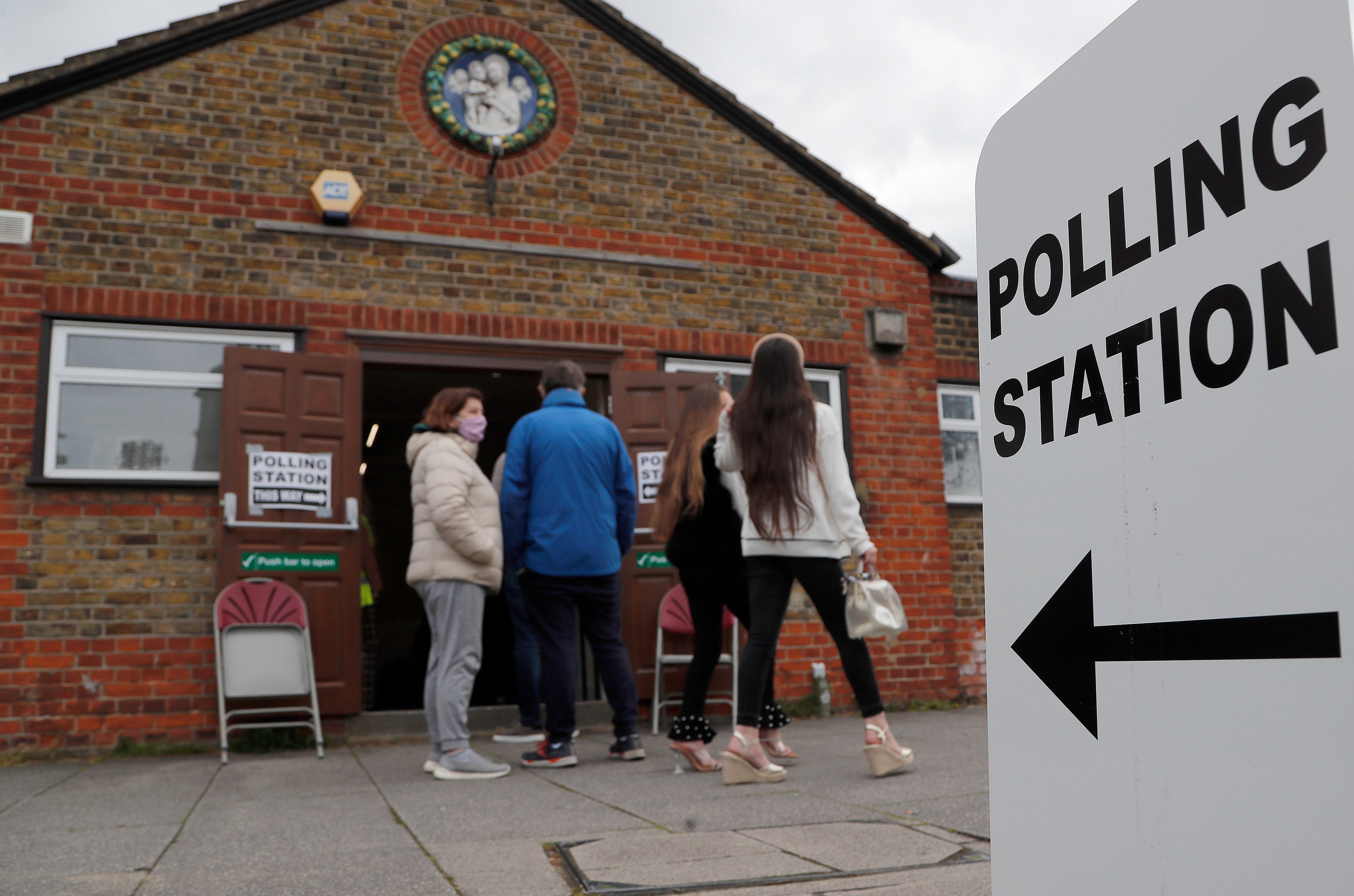Did the new photo ID rule deter voters at this year’s local elections?
If anything, the number put off by the new law is an underestimate says Andrew Grice


About 14,000 people did not vote in England’s local elections in May after being unable to show an accepted form of photo ID, according to the Electoral Commission.
The watchdog’s study has reignited the debate about the controversial change introduced by the government which was accused of trying to suppress turnout to benefit the Conservatives. Passports, driving licences and blue badges were among the IDs allowed, and voters could apply for free certificates. While travel passes for the over-60s were permitted, those for students and young people were not.
What did the study find?
At first glance, a relatively small proportion (0.25 per cent) of people were unable to vote – less than critics had warned when the change was pushed through parliament. Some 0.7 per cent of voters were initially turned away from polling stations; 70 per cent had brought no ID and 30 per cent the wrong type. About two in three returned later and were able to vote.
However, commission officials found “concerning” evidence that disabled and unemployed people were “more likely than other groups to give a reason related to ID for not voting”. They said the data suggested “some correlation” between the numbers turned away at polling stations and “specific socio-demographic factors, such as ethnicity and unemployment”.
Although 90,000 people applied for a voter authority certificate and 81,033 were issued, only 25,000 were used on the day.
Is this the whole picture?
No. The official figure is almost certainly an underestimate. Four in 10 polling stations used “greeters” to explain the new ID requirement to voters. If they departed before entering the polling station, they were not included in the data. Stations using “greeters” recorded lower average rates of people being unable to vote. There is anecdotal evidence the new system encouraged people to stay at home rather than vote. Some party officials reported that canvassers were told: “I am not voting because they want ID.”
What happens next?
The watchdog is calling for work to be carried out to ensure elections remain accessible to all. This was its interim study and a final report will be issued in September.
Craig Westwood, the commission’s head of communications, policy and research, said: “Overall awareness was high and achieved in a matter of months, but we can see that people who lacked ID were less likely to know they needed to show it.” He added: “We don’t want to see a single voter lose the opportunity to have their say. We are working to understand the challenges people faced, and will make recommendations that, with the engagement of government and the wider electoral community, will support the participation of all voters.”
Are the opposition parties happy with the new system?
No. Angela Rayner, Labour’s deputy leader, said the “strict rules are having a chilling effect on democracy”, adding: “It’s particularly alarming that under-represented groups look to have been more likely to have denied their say by these new barriers to voting.” Helen Morgan MP, local government spokesperson for the Liberal Democrats, said it was an “outrage” that thousands of people had been “denied a voice”. She added: “It looks like a transparent attempt at voter suppression by Conservative ministers.”
Will the government retain the rules for the general election expected next year?
Yes. But it will come under pressure to tweak them in line with the commission’s recommendations. Jacob Rees-Mogg, the former Commons leader, appeared to give the game away when he described the change as an attempt at “gerrymandering” that backfired.
He said: “We found the people who didn’t have ID were elderly and they by and large voted Conservative, so we made it hard for our own voters and we upset a system that worked perfectly well.”
Join our commenting forum
Join thought-provoking conversations, follow other Independent readers and see their replies
Comments
Bookmark popover
Removed from bookmarks